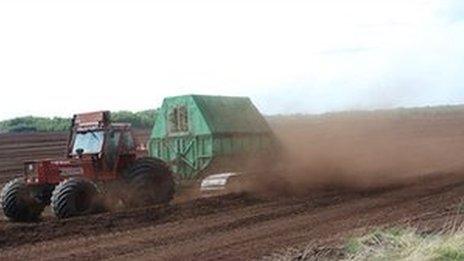North peatlands get £180k cash boost for climate project
- Published

Winmarleigh Moss is one of three Lancashire peatlands to be investigated
A £180,000 grant will help restore rare peatlands in parts of northern England as part of the UK's efforts to put the brakes on climate change.
The funding is from a government scheme to revitalise degraded peatbogs, which trap carbon dioxide, by 2025.
Twenty-six sites have been earmarked for investigation in Lancashire, Greater Manchester and Cumbria.
The grant will help identify who owns the damaged peatbogs for conservationists to restore them.
The sites listed for attention are Birch House Farm, Winmarleigh Moss and Heysham Moss in Lancashire; Little Woolden Moss and Red Moss in Greater Manchester, and Rusland Moss, Nichols Moss, Park Moss, Burns Beck Moss and Scaleby Moss in Cumbria.
Sarah Johnson of Lancashire Wildlife Trust said: "So many times, we are aware of peatland sites that could be restored or managed in a more climate-positive manner.
"But we simply don't have the resources to put into identifying and assessing them to work up future restoration plans."
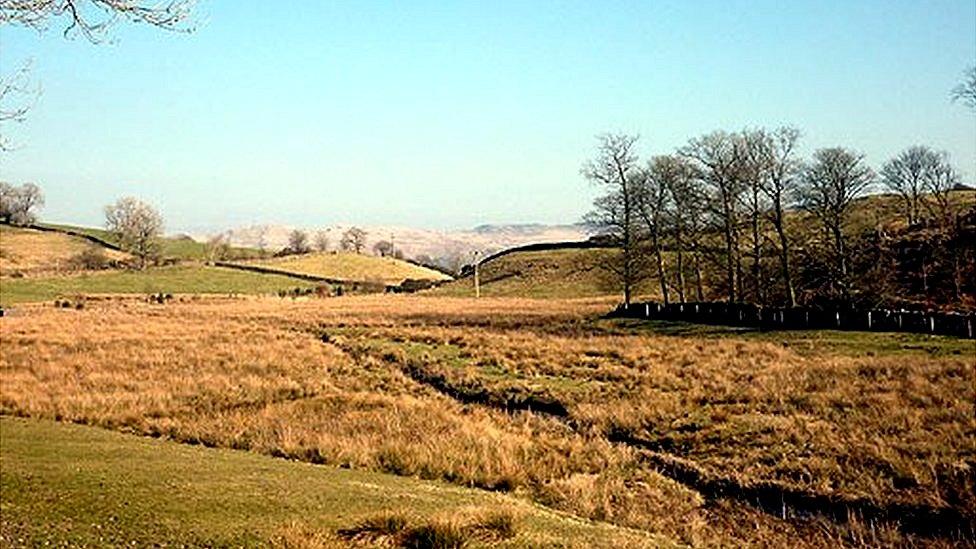
Burns Beck Moss is a chosen site in Cumbria
Peatbogs are a wetland habitat made up of decomposed plants which are seen as crucial in their effect on the climate as they store twice as much carbon dioxide as a rainforest.
They help prevent the release of carbon dioxide, which scientists say warms Earth's atmosphere in a process that leads to climate change.
However, drained or damaged peatlands also release carbon dioxide.
Lancashire alone has lost 98% of its lowland peatbog with land drained for agriculture, game shooting or with the peat taken away for fuel or garden compost.
The government money will aid the difficult task to trace who owns or manages many peatlands, which are under complex and private ownership, allowing conservationists to assess whether the bogs could be restored or managed differently.
The Lancashire and Cumbria schemes had to satisfy the government their plan would meet its targets to reduce carbon dioxide emissions, to restore degraded peatbogs by March 2025 and provide wider benefits such as better water quality and flood protection.

Why not follow BBC North West on Facebook, external, Twitter, external and Instagram, external? You can also send story ideas to northwest.newsonline@bbc.co.uk, external
- Published2 July 2022
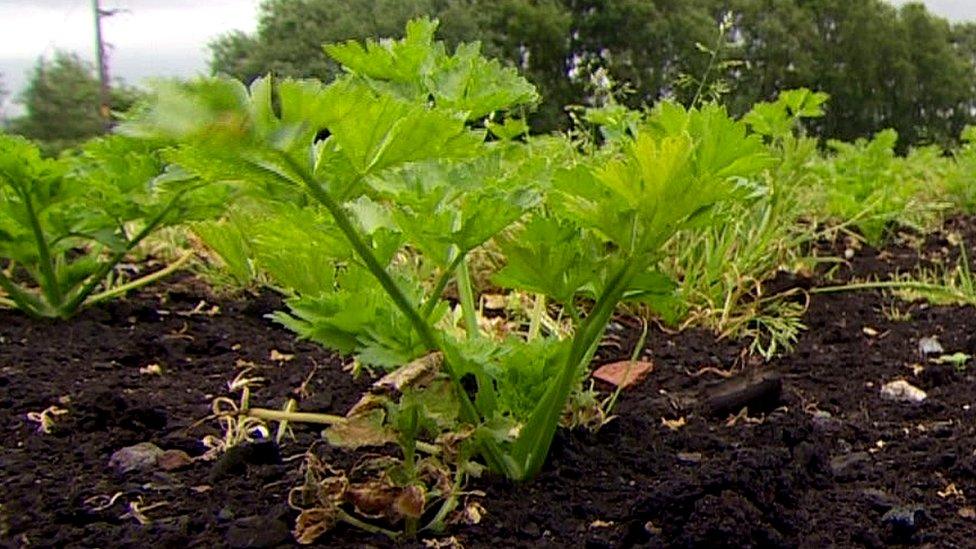
- Published6 April 2022
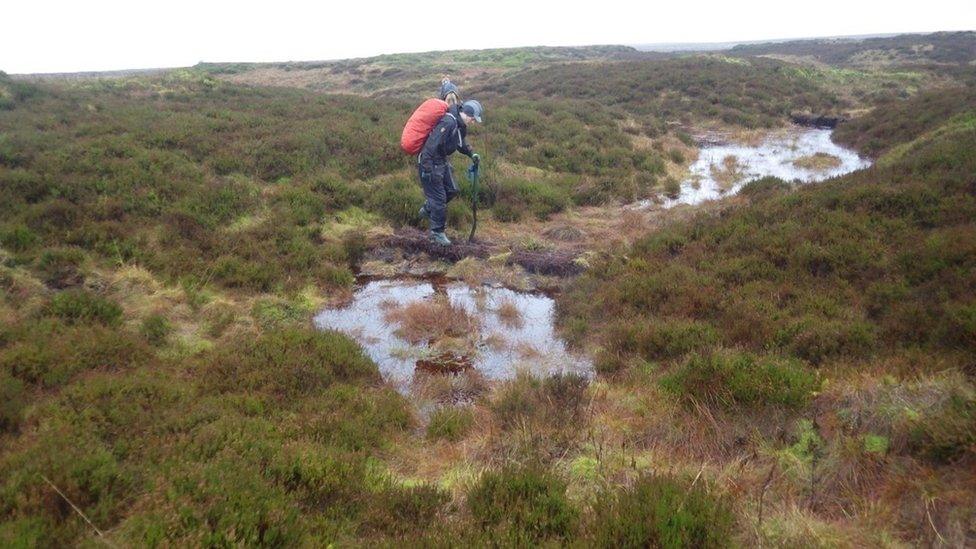
- Published24 February 2013
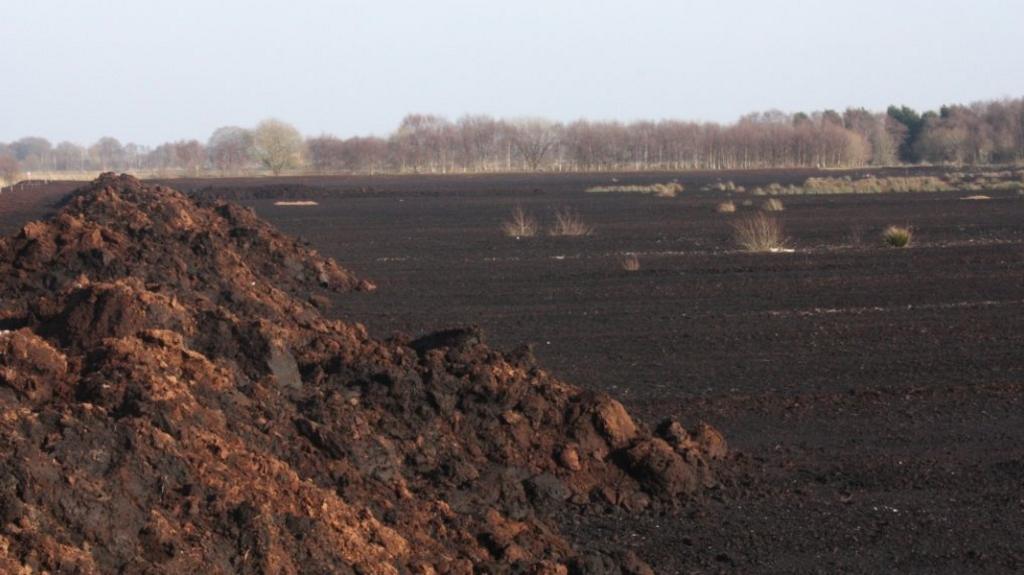
- Published9 November 2012
